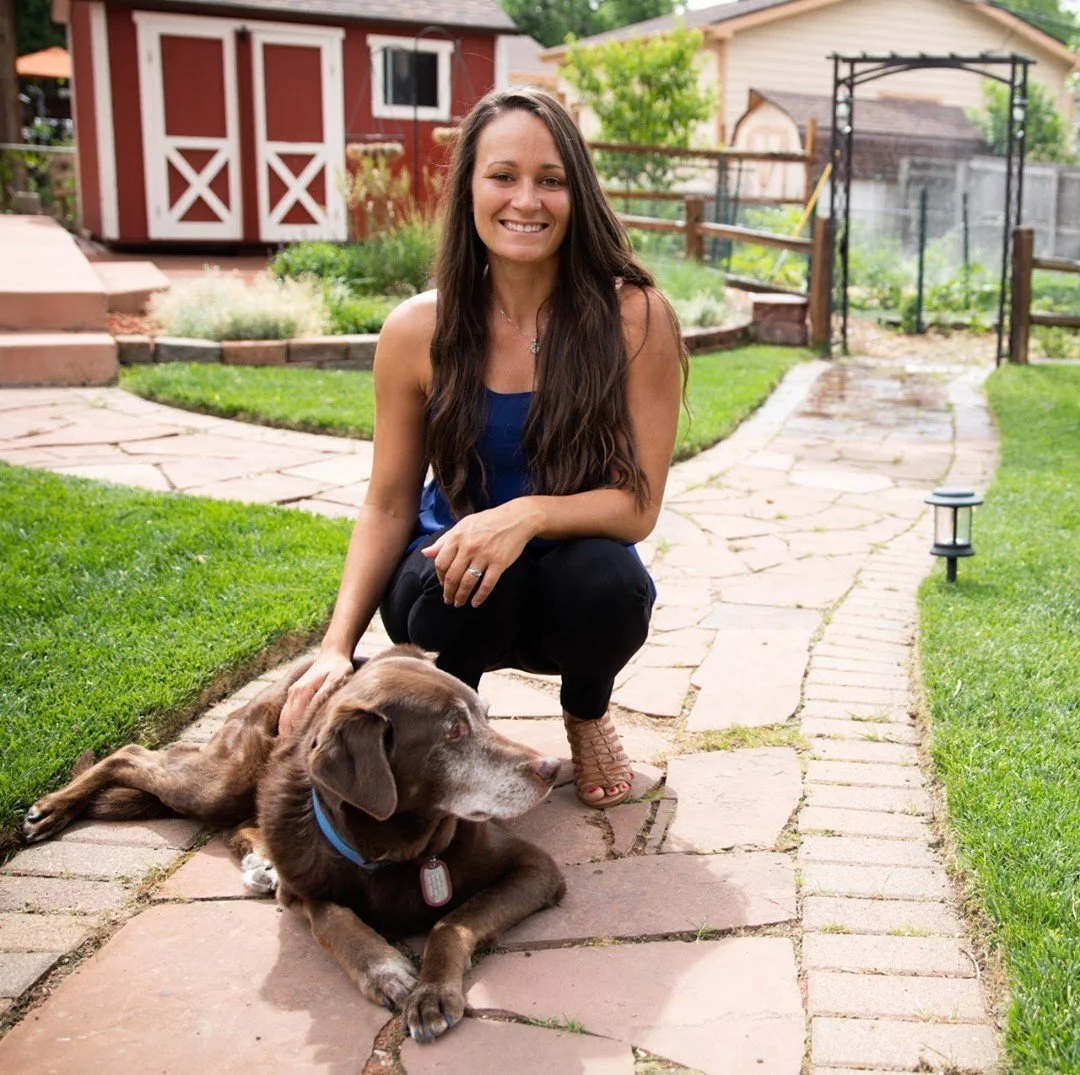Lisa Smith– from guarding nuclear missiles in the Air Force to life on campus at Boston College
Tell us about yourself, Lisa !
Hometown: Rocky Hill, CT but my adult home is Arvada, CO.
Fun Fact About Yourself: I have been in the newspaper in three different countries and have seen 19% of the world..so far!
What did you do in the military: I spent 4 years in the Air Force as a Security Forces Leader. I was stationed in Cheyenne, Wyoming at F.E. Warren Air Force Base.
What was your proudest accomplishment in the military? I’ll be honest, while I spent 4 years in the military, the entire time was spent guarding nuclear missiles. I never deployed which I felt some amount of guilt for as I saw other friends and coworkers deploy. That being said, I always loved community engagement so one year, I was able to get my entire flight to join on a community service project where we went to a local elementary school and cleaned up the property and school. It was a great feeling to immerse ourselves in the community and help out the students and teachers.
School and Intended Degree: Boston College, Masters of Social Work
Why did you decide to pursue higher education? I love being a social worker. I was able to truly help elevate and support low-income families to a place where they don’t have to live in a permeant state of stress. That being said, I burnt out pretty quickly seeing the same stories and policies that kept people dependent on social programs. I realized the best way to help these families and individuals was through policy. I saw Boston College was a top school for macro social work programming and wanted to apply there. I ended up taking so many policy classes there that I ran out of classes to take and went to Boston University to keep taking classes. My whole goal of returning to school was to learn how policy works and how to promote smart policy. Had it not been for S2S and their mentor, I wouldn’t have had the confidence to try for a hard school like Boston College.
How has the transition been from the military to civilian life? I transitioned in 2010 and the “TAPS” program that military people have to go through, at that time, was a joke. It was essentially a several-day, death by PowerPoint session that tried to show you why you should stay in the military. When I left, I didn’t know anything about civilian life. I didn’t know where to find housing, how much housing or utilities should cost, or even where to get my teeth cleaned! Had it not been for my undergraduate school, Colorado State University, having a veterans office, I wouldn’t have been successful. I was able to connect with a counselor there who told me the way of the world in post-military life.
Other than that college office, I plugged in with nonprofits that were essential in my transition. They provided me with the purpose and community that I needed after leaving. Specifically, Team Rubicon was my backbone in the post-military years. They gave me a reason and method to serve as well as a strong support network of like-minded veterans. Nonprofits like S2S and Team Rubicon that I continue to volunteer and donate because they did so much for me that I hope to pay it forward to continue to support other veterans leaving the military and figuring out their next journey.
How did you hear about Service to School? A friend of mine, Andrea Goldstien, was the CEO of Service to School and is a Pat Tillman scholar. I was wanting to go to a top school for macro social work but wasn’t sure how to apply or get started. The school, at the time, did not have any real veterans support so I started asking around. I learned of S2S and was paired up with a fellow female veteran who helped me with my essay and interviews. Thanks to her and S2S, I got in! I believed so much in the mission of S2S and its value that I worked hard with Boston College to get them plugged into S2S. After about 3 years of working with Boston College and S2S, they became a Vetlink partner!
What resources did you use in the application process? I leaned heavily on S2S as I started my journey into school, they helped me with resume review, application edits, and mock interviews.
In the community, I joined the local Team Rubicon group and Team RWB chapter. The way these organizations empower and motivate you to do more and be better is a community that I never want to leave.
What are your goals post-graduation? Since going back to school, I was able to learn policy and then put it to practice in the Boston Mayors Office. Since that experience, I have continued to work on policy through boards and committees. I am excited to say that I am officially running for local office in Arvada, Colorado (www.lisaforarvada.com)
What advice do you have for Boston College applicants ? Since I enrolled in Boston College, they have worked so hard to build a more inclusive and supportive environment for our veterans. They now have a student veteran group, and are hiring a full time person to help with veterans applying and have a growing veteran network. They are now a Vetlink partner with Service to School and have a plethora of resources for veteran applicants.
If you are worried about finances, great news, Boston College has expanded their yellow ribbon scholarship. Don’t let that be a barrier, reach out and ask for support!
Why did you apply, why did you accept Boston College? Boston College has a top-tier macro social work program that focuses on program development and policy. Not many schools have community-level social work programs, many focus on clinical work. I choose Boston College because of this and don’t regret it for a second!
What was your first semester like? I’ll admit, it was a little weird being older than mostly all my other colleagues but once I got out of my head, I leaned into that role and often found myself being a leader for most group projects and being the “voice” of the veteran since I was the only veteran for bout 90% of my classes. I found that many students didn’t know much about the military or that experience so I started sharing my story and presenting on that.
After a few weeks, I started to learn and connect with the few other veterans on campus. Once that connection was made, it never stopped. We connected on campus, got drinks after class, and even worked together to build out a more supportive community within Boston College for our fellow veterans. While there were only a few of us, we connected and stay in touch to this day.
Lisa’s advice for future veteran applicants:
You are not in this alone. Reach out and connect. Even if you don’t think you need it, you’ll be glad you did. If anything, you’ll make new friends and open up to a new group of fellow motivated veterans.

